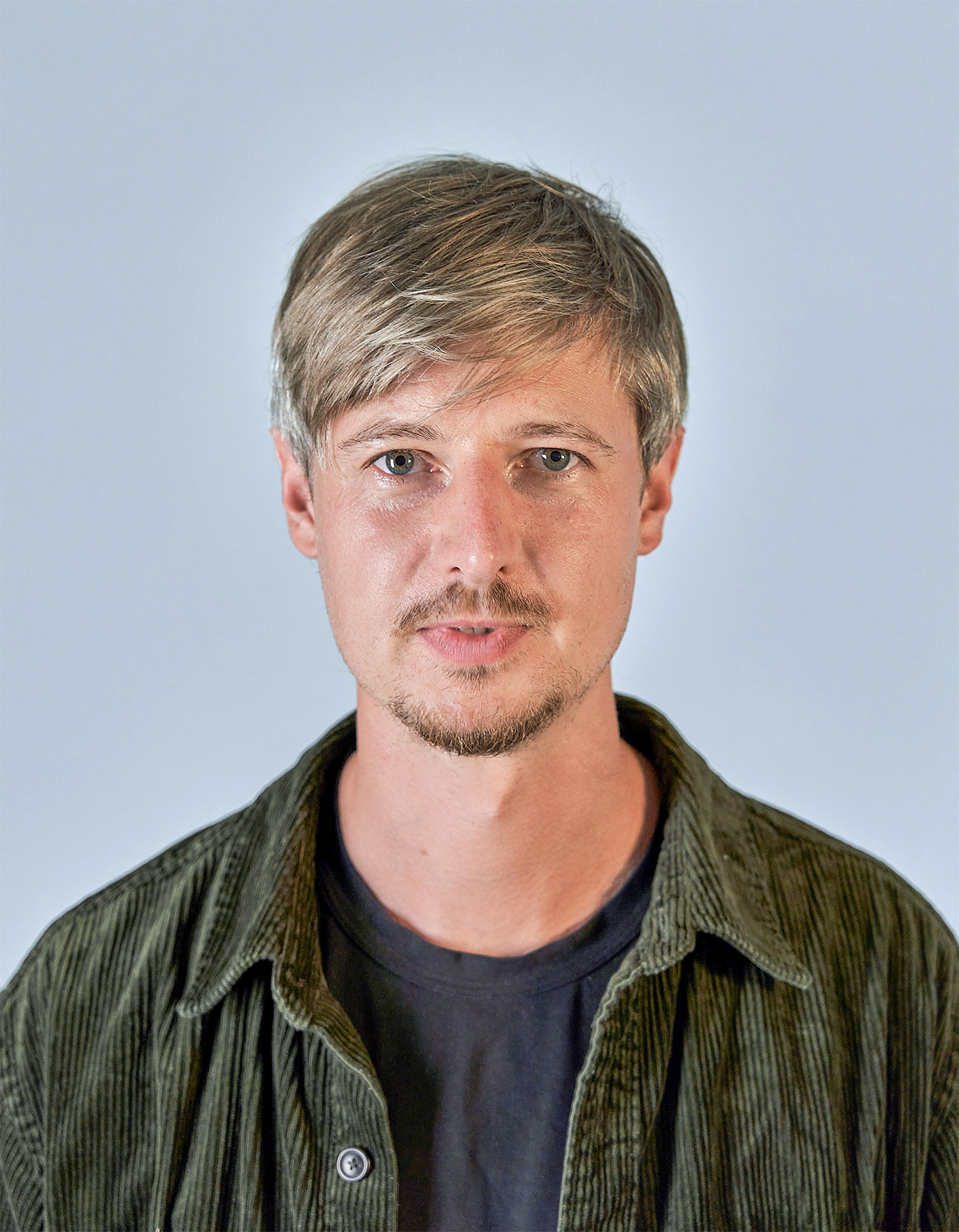One of these research activities is the EU-funded project ENGINE (Zero-Defect Manufacturing for Green Transition in Europe). In this project, we are developing a system for designing and producing metal products with minimal defects. The application is demonstrated in the ship engine supply chain. GreenDelta’s contribution to the project involves using openLCA to assess the impact of reliability in production and operation on the sustainability of these products. In particular, we focus on the challenge of incomplete and uncertain data, for example in the early stages of system design. These bring traditional LCA methods and tools to their limits because they rely on high data quality. We address this issue by combining LCA and System Dynamics (SD) models.
SD is an approach to understanding the nonlinear behavior of complex systems over time. Data elements like stocks, flows, internal feedback loops, table functions, and time delays are used to simulate causal chains. This reveals the consequences of decisions over a specific period. Ideally, the system’s behavior becomes clear while only cause and effect are modeled. Typically, the model’s structure is represented in a user interface. While LCA models require the collection of precise data, which is time-consuming and largely dependent on the availability of information, SD models can be created more quickly, focusing on essential data.
Together with 16 other project partners, we integrate these models with extensive material simulation models into a development methodology based on Model-based Systems Engineering (MBSE). This way, the models are interconnected, and valuable information is distilled from various data sources. The overall result supports manufacturers of metal products in developing more sustainable and competitive products.
 Fraunhofer Institute for Production Systems and Design Technology
Fraunhofer Institute for Production Systems and Design Technology

